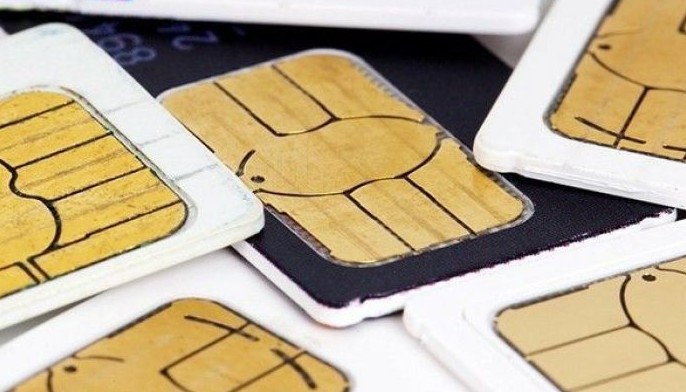Fitch Ratings: Philippines' 3rd telco to stir up rivalry

MANILA, Philippines — China Telecom's consortium with Dennis Uy-led Udenna Corp. emerged as the provisional third telecommunications player in the Philippines, likely putting an end to the country's long-standing duopoly market, Fitch Ratings said.
The Mislatel consortium is the only bidder that qualifies for the next stage of screening by the National Telecommunications Commission after two other consortia were disqualified.
In a commentary released Thursday, Fitch said that while the severity of the threat from a new entrant is unclear at this stage, government intervention may be needed to accelerate industry reforms to stir up competition.
“This [intervention] includes re-evaluation of the current 40 percent foreign-ownership cap for public utilities, infrastructure and tower sharing, as well as spectrum redistribution,” the global debt watcher said.
“The third telco is initially likely to compete aggressively on price as it strives to grab market share in an already highly saturated mobile market,” it added.
“We expect a large cash burn for the new entrant to roll out its network, and consequently, only a newcomer with deep pockets and technical expertise would be able to compete effectively against the incumbents.”
The search for a new major service provider came at the order of President Rodrigo Duterte. Incumbents PLDT and Globe have said they welcome the new challenger.
According to Fitch, the entry of a new telco provider is expected to temper revenue growth and raise the capital expenditure pressure on both PLDT and Globe.
It added that the newcomer would likely focus on the cost-effective long-term evolution network to accelerate network rollout, noting that the incumbents still possess a majority of the rights across a range of spectrum frequencies.
“The ability to monetise higher data traffic remains a key challenge in the Philippines, which is also facing secular declines in revenue from legacy services such as SMS, international and mobile voice,” it said.
“The aggressive LTE rollout by the incumbent operators would also raise entry barriers for the newcomer,’ it continued. — Ian Nicolas Cigaral
- Latest
- Trending































